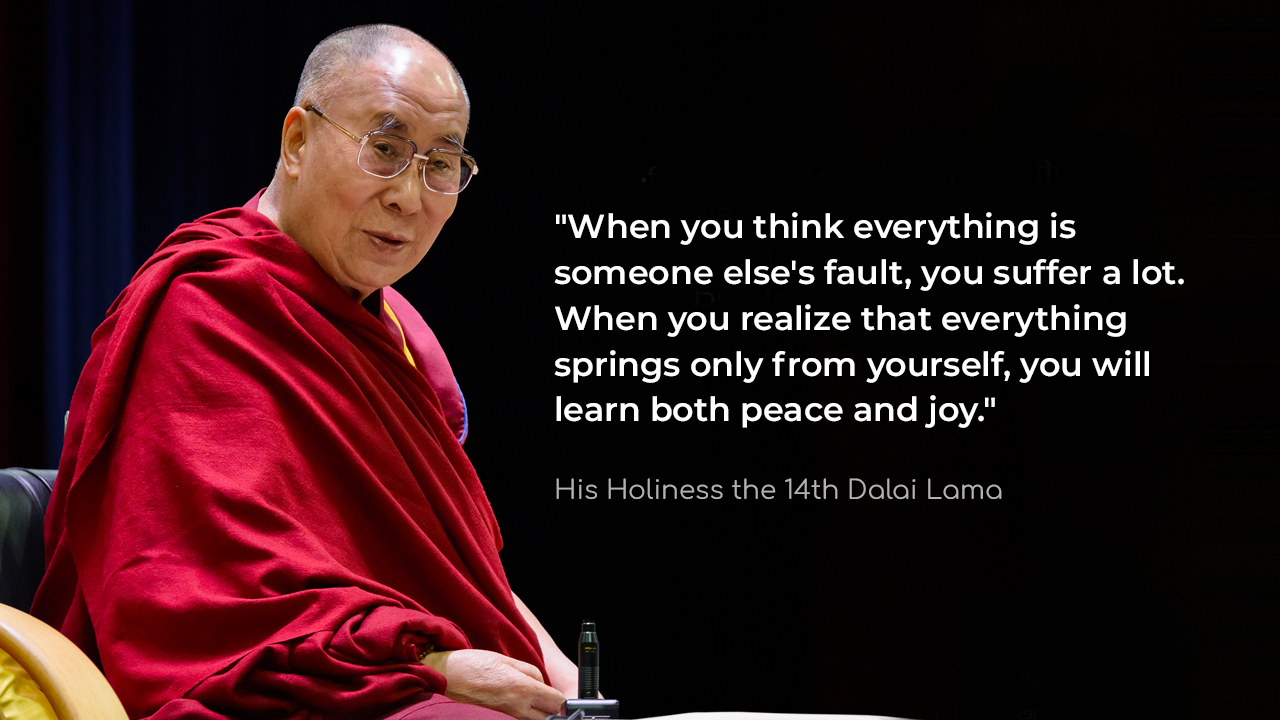One of the most common factors that differentiates a successful leader from an average person (or even a person who apparently failed) is mentality. It is not about money, nor resources, nor pedigree—it is how one thinks when something goes wrong.
It is my guesstimate that over 50% of the average population resorts to what is called ‘victim thinking’. How many times have you said (or heard others say) the following statements?
- I was late because of the traffic en route
- I couldn’t prepare for exams since the power went out in my neighbourhood last night
- The driver behind me rear-ended my car
- I am never going to be as rich as Warren Buffet, Bill Gates or Steve Jobs
- I cannot embark on a new venture and take the risk at this time since I have a family to support…
…and so on.
If you notice carefully, there is a trend (or similarity) in all these statements – they’re all making excuses for being unable to do something.
This is a big problem since a lot of people slip into thinking of themselves as victims that have little or no control over their lives. As Grant Cardone wrote in his book ‘The 10x Rule’, there are four consistent factors in ‘victimism’:
- bad things happen to me,
- bad things happen often,
- I am always involved, and
- someone or something else is always to blame.
Successful people think just the opposite way. And you must too. This will lead you to start looking for ways to move beyond the current, unfortunate circumstances and take control of challenges in the future. After every unpleasant event, start asking yourself: “What can I do to ensure this doesn’t happen again, or at least reduce the possibility of it happening again?”

Grant also explained that there are a few typical reasons why people resort to victim thinking:
- So that others feel sorry for them and give them attention
- So that others avoid (or are less likely to) criticise or upset them
- So that others ask them what they need and provide a helping hand
- They feel entitled
- They don’t have to take actions or responsibilities for all the wrong things
I advise people to never take the stance that things just happen to you; rather, they happen because of something you did or did not do. In almost all cases, people take credit when good things happen to them, so why not take the credit (responsibility) when bad things happen?
The good news is that the victim mentality is a learned and acquired behaviour, which means that it can be unlearnt. It’s something that the person has developed over time by constantly harbouring negative thoughts. You wouldn’t send your kid to school to take a ‘How to be a victim’ class, would you? Then why teach yourself the same thing?
Whether one is in control or not, he or she should still elect to claim responsibility and control so that (s)he can do something to improve a similar situation going forward. Increasing your responsibility will cause you to start looking at alternative solutions or take actions to ensure negative events don’t impact your life or state of being by reducing the likelihood of seemingly unfortunate events. On the other hand, you will continue to be a victim (or ‘poor-you’) if you continue to blame something or someone else.
You may not always choose what happens to you, but you always have a choice about how you respond to it. Once you start to approach every situation as someone who is acting, and not being acted upon, you will start to have more control over your life. You either create success or you don’t.
“Blowing out someone else’s candle doesn’t make yours shine any brighter”
– Anonymous
Don’t act like a victim or assume that life is out to get you. Take responsibility and make things happen.


